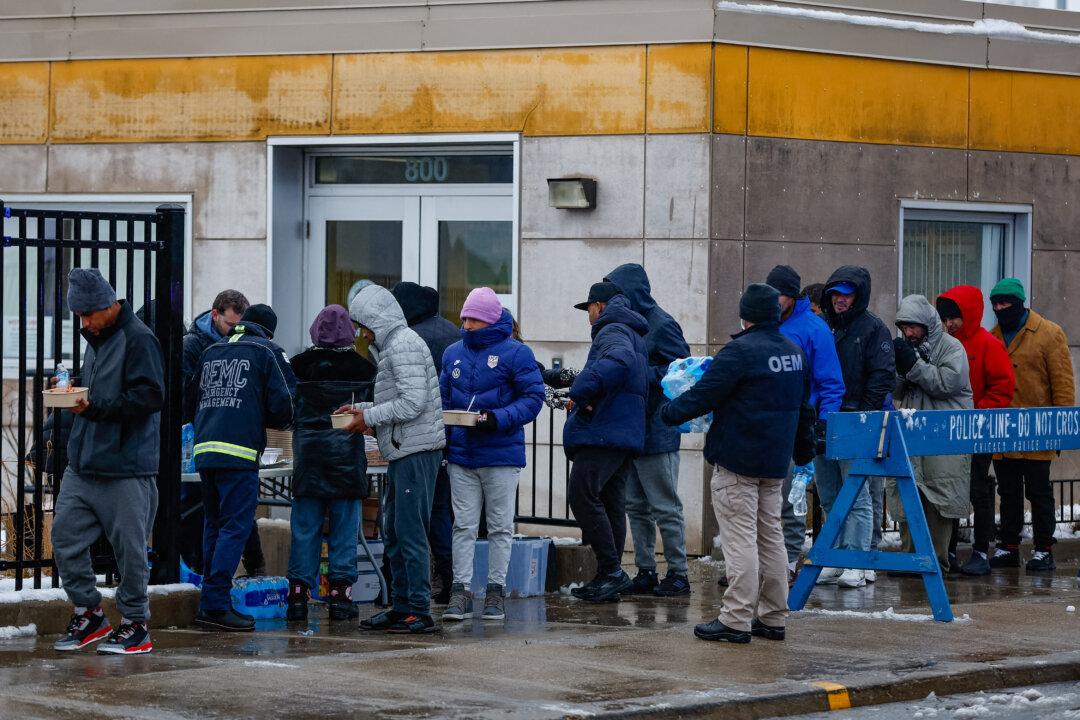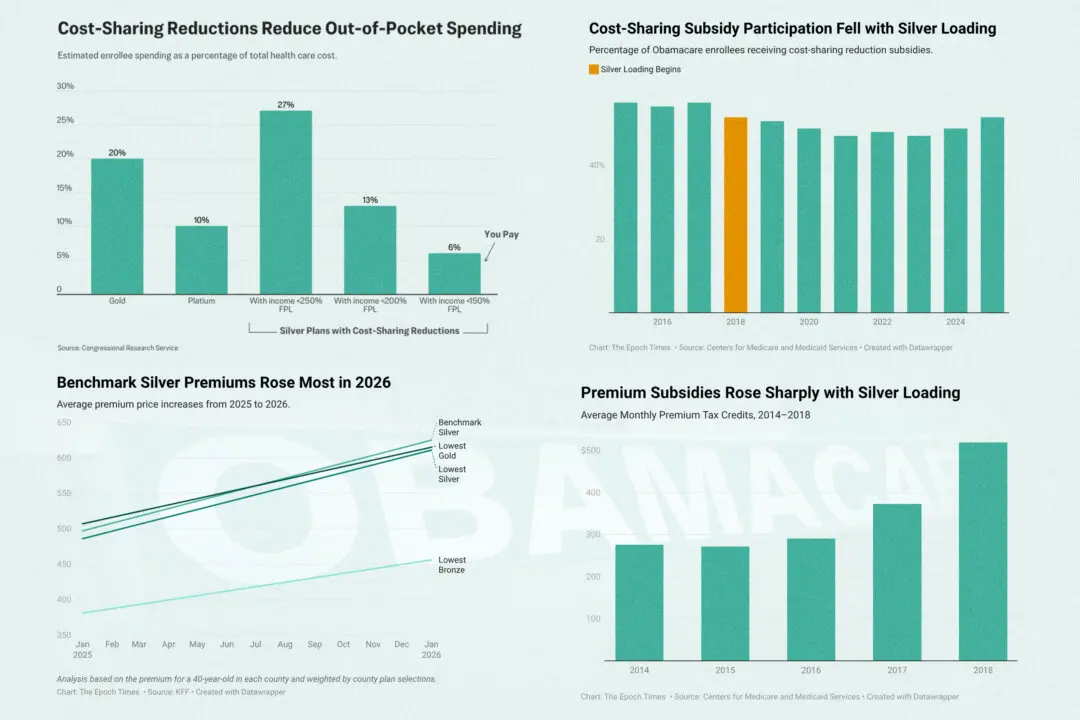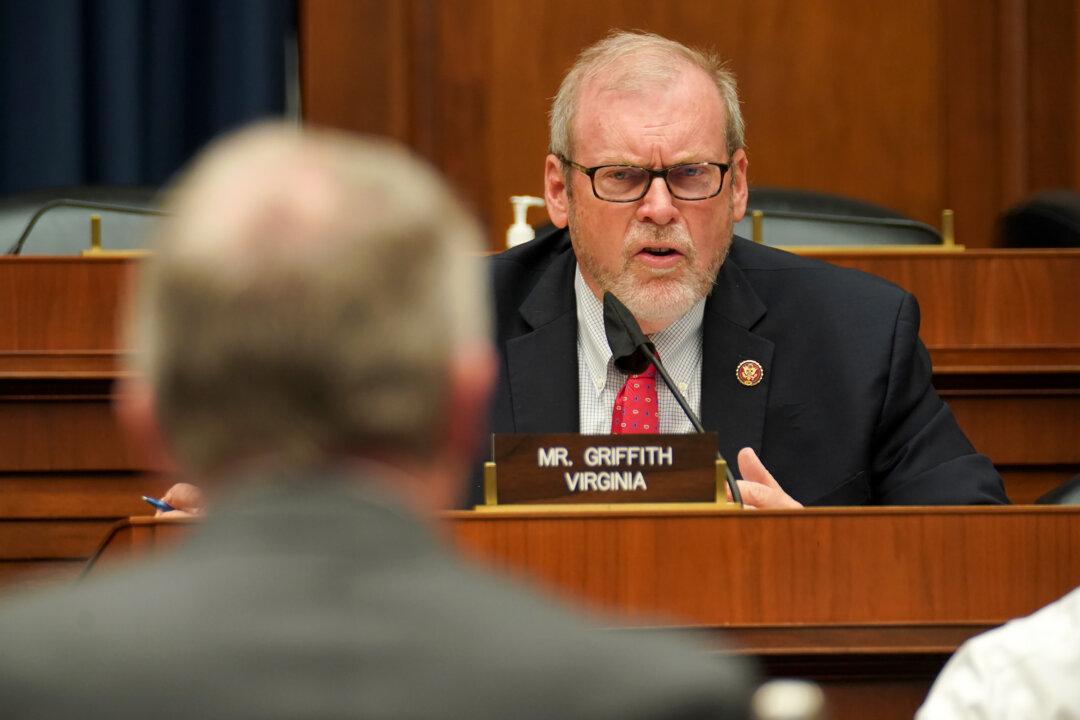CHICAGO—Residents of Little Village, a predominantly Mexican neighborhood on Chicago’s southwest side, are bracing for the possibility of mass deportations of illegal immigrants in the days following President Donald Trump’s inauguration.
People are anxious about what the days ahead will bring, either for themselves or for loved ones, according to local leaders who are helping all immigrants prepare for the expected operations by U.S. Immigration and Customs Enforcement (ICE) personnel in their community.





